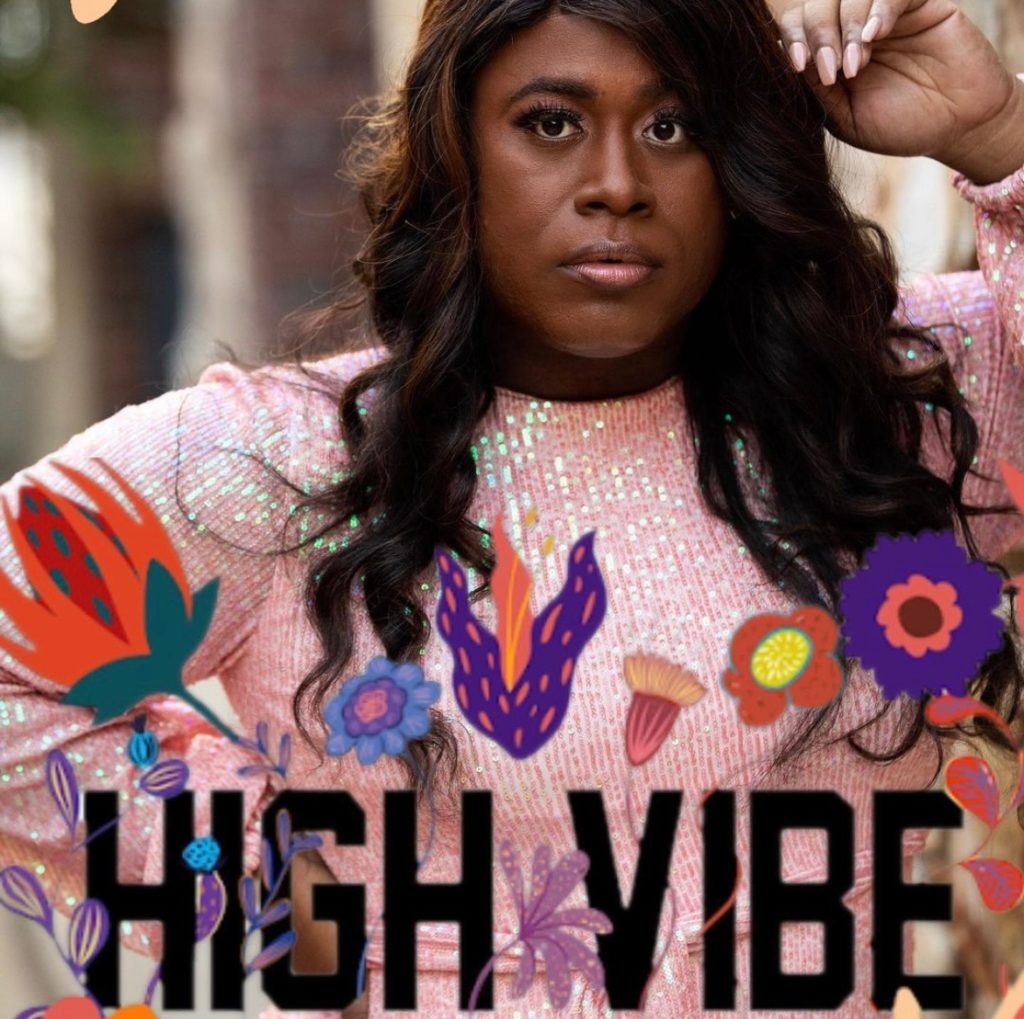
University of Houston Seminar Explores the Black LGBTQ Experience
Trans artist and activist Dominique Morgan speaks at the online event on February 23.

It is important to include the radical experiences of Black LGBTQ folk when discussing Blackness and abolition, according to Dominique Morgan. “Queer history, trans history, is Black history,” says the award-winning artist and activist.
Morgan, a Black trans woman and the CEO of the national prison-abolitionist organization Black and Pink, will lead the University of Houston Graduate College of Social Work (GCSW)’s virtual Black Like Us event on February 23. The fourth annual seminar “centers LGBTQ voices and issues in an event designed to both celebrate and hold space for discussions essential to continued progress.”
The event is important for several reasons, says Harrison Guy, Black Like Us curator and longtime GCSW community collaborator. The online seminar, which features performances by Black LGBTQ singers, dancers, and performers, also celebrates Black queer folk, a group often overlooked during Black History Month. “We shouldn’t move forward without adding Black LGBTQ people as well,” Guy says. “[We must] bridge that gap between Black traditions and history with the inclusion of Black LGBTQ people.”

Morgan was chosen to speak at Black Like Us because the college wants to help people better understand the concept of abolition and inspire systemic change with the wisdom of an expert who has been doing the work for years, Guy notes. “People [are] grappling with the concept—even people who are activists. We need an expert, because we’re still learning. [We thought that] Dominique, who lives at the intersection of [being] Black [and] trans, would be the perfect voice to lead us through this discussion.”
As Black and Pink’s CEO, Morgan works to liberate people in the LGBTQ community and folks living with HIV/AIDS who are affected by the criminal-punishment system through advocacy, support, and organization. Morgan, who was incarcerated at one point, says her lived experiences shape her approach to justice.
“There’s a magic that comes with being a Black trans person, and I believe that magic sits in the space of abolition—dreaming what kind of world we could live in if we center each other and not systems,” she says.
Morgan notes that ideas such as reforming, defunding, and abolishing the police became a part of public discourse after the murder of George Floyd and other Black lives in the summer of 2020. Those tragedies forced many to question the effectiveness of the American justice system and consider alternatives.
“We were watching Breonna Taylor, George Floyd, and a multitude of Black lives being taken from us. I think that people started asking themselves: If this isn’t working, then what could work? I think that is the seed to abolition,” Morgan explains.
She hopes attendees will gain a stronger grasp on the varied meanings of abolition and realize that anyone can form “a space of liberation.” “[I also hope people will come away with an] understanding that they’re essential to the process, and that’s important.”
Visit eventbrite.com/e/black-like-us-tickets-138310804339 to sign up for and learn more about the February 23 Black Like Us event.










